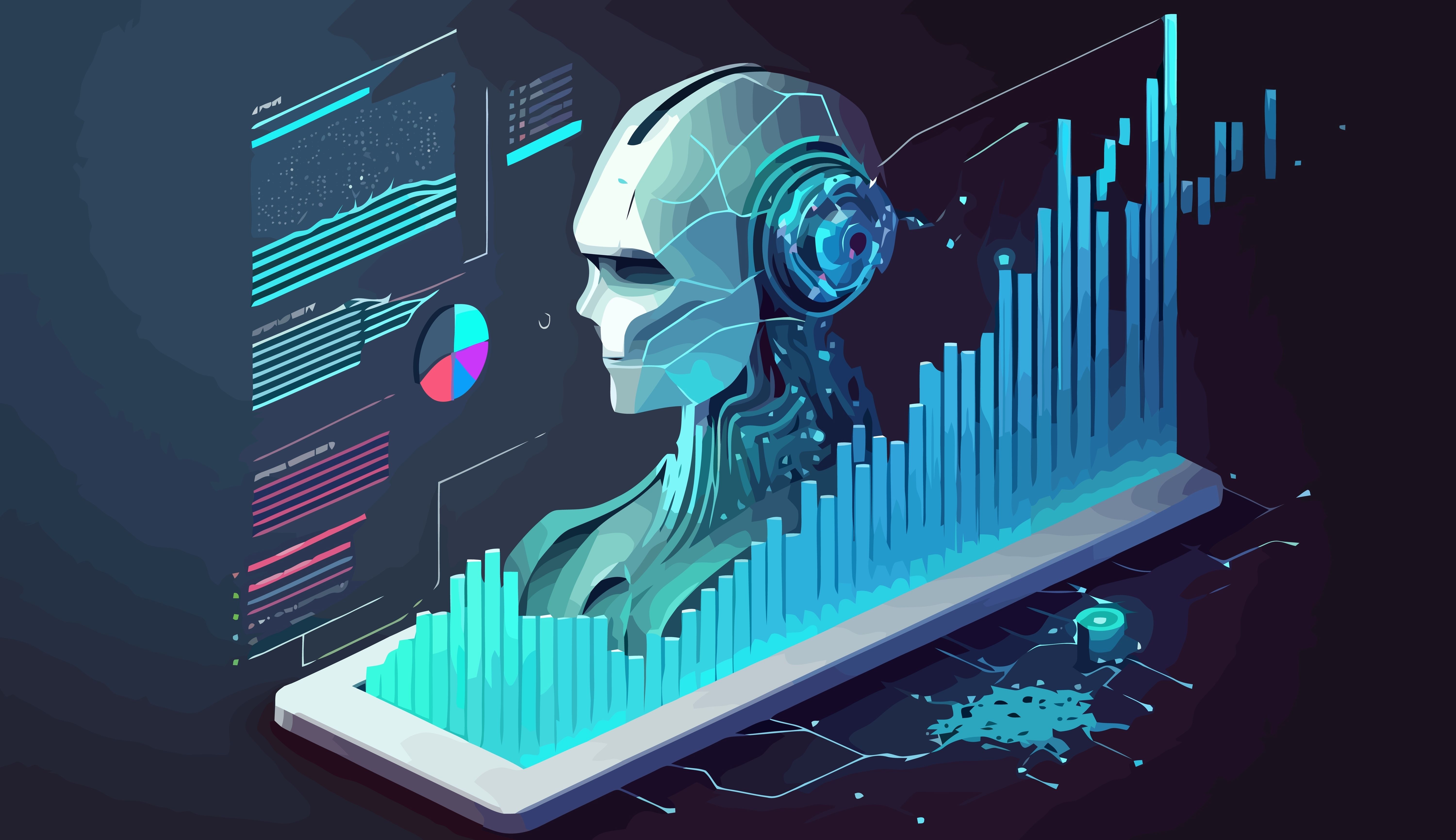AI-Driven Branding: Powering Stronger Brand Identity
In today’s fast-paced digital landscape, companies are turning to artificial intelligence (AI) to create and strengthen their brand identities. AI presents an exciting frontier for organizations looking to establish and strengthen their brand identities. From understanding consumer preferences and behaviors to generating unique visual assets, AI offers transformative possibilities for brand identity development. The intersection of AI and branding presents exciting opportunities to leverage data-driven insights, generate unique design elements, and personalize customer experiences. In this article, we will explore AI-driven branding strategies and the transformative impact they have on brand identity.
- 1. Understanding AI-Driven Branding: In today’s digital landscape, AI is revolutionizing the way organizations develop and maintain their brand identities. By harnessing the power of AI, brands can tap into data-driven insights and make informed decisions to shape their brand messaging, positioning, and visual identity. One compelling example comes from Coca-Cola. Using AI-powered sentiment analysis, Coca-Cola analyzed social media conversations to gain insights into consumer perceptions and preferences. This allowed them to understand their audience’s emotional connection to their brand and make data-driven decisions to enhance their brand identity.
- 2. Data-driven Brand Insights: The ability to gather and analyze vast amounts of consumer data has become a game-changer for brands seeking to understand their target audiences. AI-driven technologies provide the means to uncover valuable insights, preferences, and behaviors that drive consumer engagement and brand perception. Netflix, the global streaming giant, is an excellent example of leveraging AI for brand insights. By analyzing vast amounts of consumer data, Netflix gains valuable insights into user preferences, viewing patterns, and content preferences. This data-driven approach allows them to tailor their content offerings, marketing campaigns, and user experiences to build a strong brand identity centered around personalized entertainment.
- 3. AI-generated Design and Visual Elements: The visual identity of a brand plays a pivotal role in creating a memorable and distinctive presence. AI technologies have unlocked new possibilities in generating design elements and visual assets that align with a brand’s essence. Mastercard, a renowned financial services company, harnessed AI to create a distinctive visual identity. It developed an AI-powered logo generator that analyzes key brand attributes and generates unique logos in real-time. This approach empowers Mastercard to maintain consistency while adapting to various digital and physical touchpoints, ensuring a strong and recognizable brand identity across platforms.
- 4. Personalization and Customer Experience: In an era of heightened customer
expectations, personalization has become a key differentiator for brands aiming to forge deeper connections with their audiences. AI-driven personalization enables brands to deliver tailored experiences, recommendations, and interactions that resonate with individual customers. Amazon, the e-commerce giant, is a prime example of using AI to personalize customer experiences and strengthen brand identity. Through AI-powered recommendation systems, Amazon analyzes user browsing and purchase history to offer tailored product suggestions. This personalized approach enhances the customer experience, strengthens brand loyalty, and solidifies Amazon’s position as a trusted brand.
- 5. Brand Voice and Content Creation: The voice and tone of a brand play a vital role in shaping its identity and establishing a connection with its target audience. AI-powered technologies have emerged as powerful tools for generating brand-specific content and ensuring consistency across various channels. The Associated Press (AP), a renowned news agency, employs AI technology to generate news articles. By utilizing natural language processing algorithms, AP’s AI system automatically generates routine news stories, enabling journalists to focus on in-depth reporting. This combination of human expertise and AI-driven automation ensures the delivery of accurate and timely content while maintaining the brand’s journalistic integrity.
- 6. Ethical Considerations and Human Touch: While AI-driven branding offers immense opportunities, organizations must navigate ethical considerations to ensure inclusivity, fairness, and human involvement. Striking the right balance between AI-powered automation and the human touch is crucial to maintain brand authenticity and mitigate biases. As organizations embrace AI-driven branding, it is crucial to address ethical considerations and preserve the human touch. Airbnb is a company that demonstrates this balance. Airbnb utilizes AI to enhance its search and recommendation algorithms, thus acknowledging the importance of the human connection in their brand identity. Airbnb ensures that its platform emphasizes the hospitality and cultural experiences shared between hosts and guests, combining AI-powered personalization with the authenticity of the human touch.
By leveraging AI-driven strategies, brands can tap into data-driven insights, create visually compelling design elements, personalize customer experiences, and shape authentic brand voices. However, it is crucial for organizations to maintain ethical considerations, strike a balance between automation and the human touch, and preserve the authenticity that resonates with their audiences. By embracing AI-driven branding strategies responsibly, organizations can unlock new avenues for growth, build stronger connections with their target audiences, and position themselves as innovative leaders in the digital age. The future of branding lies at the intersection of AI and human creativity, where brands can leverage technology to enhance their identity while staying true to their core values and delivering meaningful experiences to their customers.
